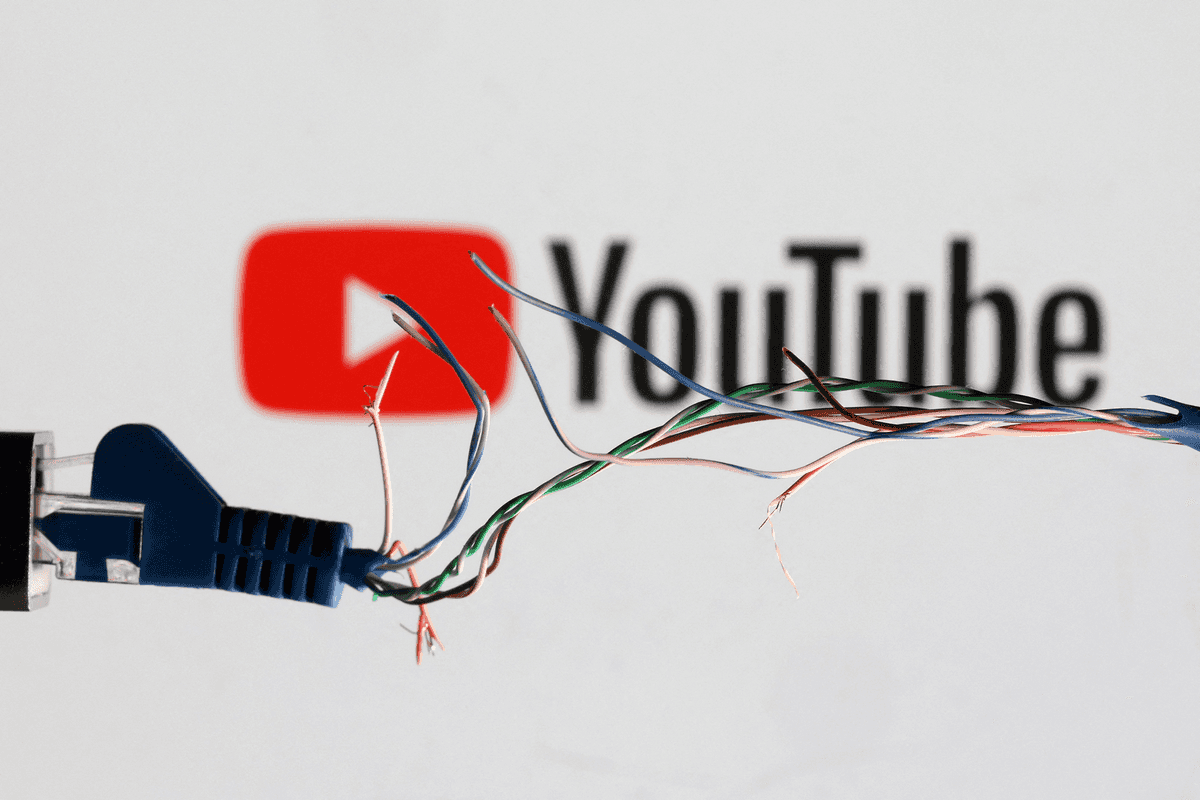Pakistani court overturns ban on 27 YouTube channels, including Imran Khan’s
Judge rules blocking without hearing violated rights, in win for digital freedoms and free expression in Pakistan
Ali Hamza
Correspondent
Ali; a journalist with 3 years of experience, working in Newspaper. Worked in Field, covered Big Legal Constitutional and Political Events in Pakistan since 2022. Graduate of DePaul University, Chicago.

A court in Pakistan has overturned a controversial order that had directed the blocking of 27 YouTube channels, including those of former prime minister Imran Khan and several prominent journalists, in a ruling seen as a significant victory for digital rights and free expression.
Additional District and Sessions Judge Muhammad Afzal Majoka delivered the decision on Thursday, setting aside the earlier orders and accepting appeals from 11 YouTubers, including journalists Matiullah Jan, Asad Toor, and Abdul Qadir.
The court held that the blocking of channels without hearing the affected parties amounted to a violation of their constitutional rights.
The case stems from an order issued on June 26 by Judicial Magistrate Abbas Shah of the Prevention of Electronic Crimes Act (PECA) Court in Islamabad, which directed Google LLC to restrict access to 27 channels.
The magistrate justified the move by citing “anti-state material” and “defamatory content” targeting state institutions. Many of the blocked accounts were either directly affiliated with the opposition Pakistan Tehreek-e-Insaf (PTI), whose founder Imran Khan remains in prison, or belonged to journalists and commentators critical of the government.
Judge Majoka had earlier suspended the blocking orders in July, describing them as “self-contradictory” and procedurally flawed.
He noted that the magistrate had granted relief to the National Cyber Crime Investigation Agency (NCCIA) without hearing the petitioners, and also questioned the magistrate’s jurisdiction, pointing out that under PECA, such powers rest with the yet-to-be-formed Social Media Protection and Regulatory Authority.
The ban originated from a petition filed in early June by NCCIA, which accused the YouTube channels of “spreading fake news” and inciting “fear, panic, disorder, or unrest” through content critical of state institutions.
PTI had earlier condemned the court’s move, calling it a “serious attack on freedom of expression” and part of a broader crackdown on dissent.
In January, amendments to PECA introduced sweeping new controls over online content in Pakistan.
A key addition is the criminalization of “false and fake information,” punishable by up to three years in prison and a fine, a move critics fear could be used to target journalists, activists, and political opponents.
The law also granted expanded powers to the newly created Social Media Regulation and Protection Authority, allowing it to block or remove content based on vague criteria without judicial oversight.







Comments
See what people are discussing